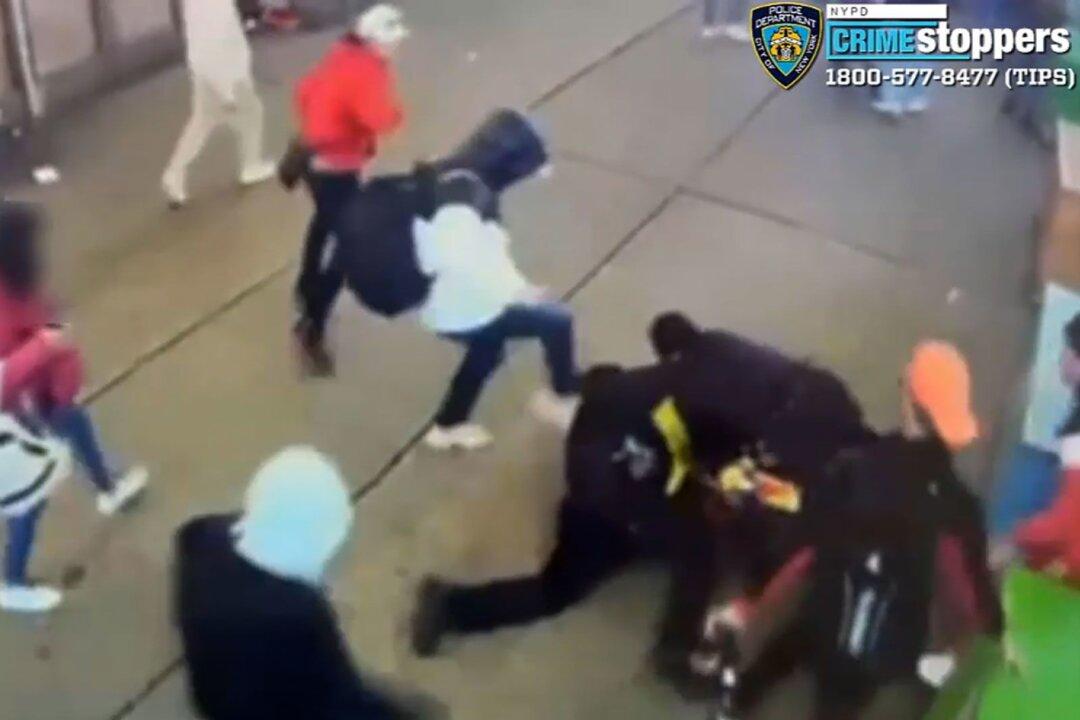Lindsey Graham (R-S.C.), the chairman of the U.S. Senate Judiciary Committee, has demanded the Department of Justice (DOJ) provide more documents related to Christopher Steele’s sources, including one primary source.
Graham’s move came after a newly-declassified footnote (pdf) shows one of Steele’s sources had informed the FBI back on Jan. 12, 2017, that Steele’s dossier was possibly tainted by disinformation from Russia.





